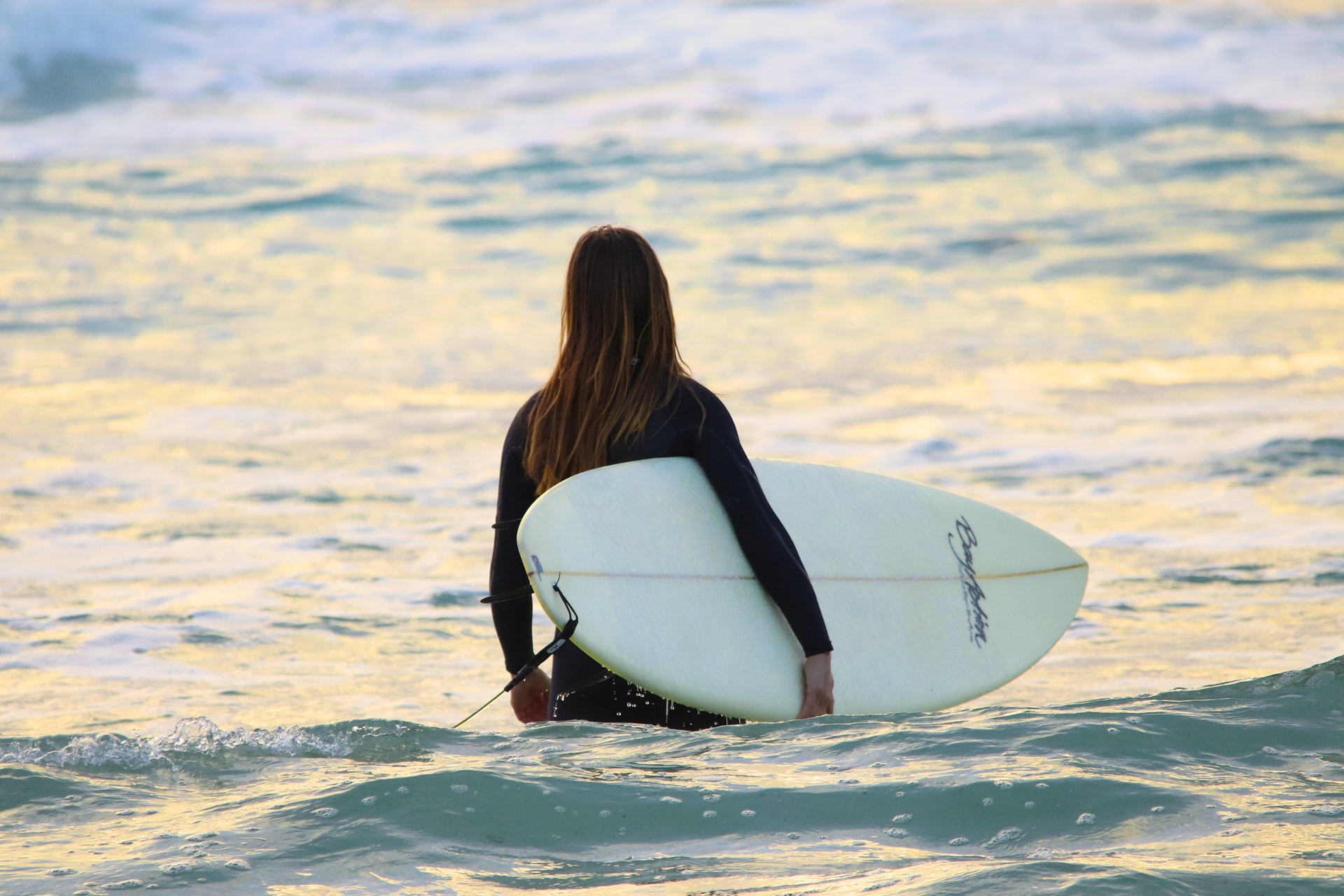“Kooks” – the dreaded term in the surfing world.
There is nothing more disheartening when you are new to surfing and someone calls you a kook.
In the surfing world, it is easy to assume that all surfers hate beginners.
Surfers do not hate beginners, although surfing comes with a strict set of etiquette and it is when new surfers are oblivious of these “rules” that they become a kook in the eyes of other surfers.
If you want to avoid being hated upon in the water, the following tips will likely keep you on good terms with other surfers, keep you safe, and possibly gain some respect of your own.
- 14 Things to Avoid As a Beginner Surfer (if You Don’t Want to Be Hated)
- 1. Entering the Water Before Assessing the Situation
- 2. Ignoring Locals and Other Surfers on the Land
- 3. Ignoring Locals and Other Surfers in the Water
- 4. Trying to Hide That You Are New to Surfing
- 5. Being Afraid to Ask For Advice
- 6. Paddling Through the Lineup
- 7. Trying to Maneuver Past Oncoming Surfers While Paddling Out
- 8. Attempting to Surf the Main Lineup
- 9. Paddling For the Best Waves
- 10. Dropping In on Waves That Are Not Yours
- 11. Surfing Straight On a Wave
- 12. Constantly Getting In the Way
- 13. Throwing Your Board Away
- 14. Arriving At the Beach With a Big Ego
- How to React If You See Someone Make a Mistake
- Conclusion
- You Might Also Like…
14 Things to Avoid As a Beginner Surfer (if You Don’t Want to Be Hated)
There is always a lot to think about when surfing, and these things increase when you are new to the extreme sport.
Although nothing in the surfing world remains constant, it is always a good idea to have a strong grip on the most important basics, especially if you don’t want to be hated by the other surfers in the water.
Avoiding the following 14 situations will be a great aid in making your place in the water without being called a kook every few minutes.
1. Entering the Water Before Assessing the Situation
It is always important to analyze the current conditions before entering the ocean, but this is even more important when you are new to surfing.
You should have a good idea of:
- where the waves are breaking
- how often the sets are rolling in
- where other surfers are paddling out
- where they are sitting, and
- how they are riding the waves.
Keeping these things in mind before entering the water will help you stay out of the way of other surfers, reduce the amount of time you spend trying to find the best location to position yourself, as well as make paddling to the back easier.
2. Ignoring Locals and Other Surfers on the Land
Although you may feel awkward talking to other surfers, especially on the land, as a beginner it is a good idea to put this feeling behind you and speak to the locals.
Not only will they be able to provide invaluable advice, but you will become familiar with them.
It is a lot harder for another surfer to hate on you when they know you.
This conversation does not need to be long, but it is always a good idea to at least acknowledge other surfers around you, ask them how their surf was, and even mention that you are new to the sport.
3. Ignoring Locals and Other Surfers in the Water
You will often find that most surfers tend to be on the quiet side while in the water.
Many surfers find this time as a moment to escape the outside world and connect with nature.
That, however, does not mean that you should be unfriendly.
When paddling into a lineup, greet the other surfers, ask how they are, and judge for yourself if they want to take the conversation further.
In a surf world with an increasing number of surfers, it is always helpful to be friendly and stand out from the crowd.
4. Trying to Hide That You Are New to Surfing
Never try to hide that you are a beginner.
More experienced surfers will see straight through your act and dislike you for it.
Don’t be afraid to mention to those around you that you are new to surfing.
Although you may get a few cold shoulders, most surfers will prefer to help you out than allow you to make mistakes and therefore cause problems for them.
5. Being Afraid to Ask For Advice
This is true when you are in the water, standing on the beach, in a surf shop, or hanging out with your surfing friends.
The best way to learn something that you do not know is by asking someone who does.
Every surfer was a beginner at some stage.
This means it is likely that at a time, they had many of the same questions and struggles that you do.
Furthermore, they will have great suggestions on how to solve common issues that you may be struggling with.
Lastly, experienced surfers will be able to share with you the things that beginners do that annoy them the most.
Knowing these (often location-specific) things will help you avoid conflict in the water.
6. Paddling Through the Lineup
Never attempt to paddle directly through the lineup.
Doing this is dangerous, both for you and for the other surfers.
When paddling past the break, make sure that you are not paddling through the peak of the waves.
This is true for all surfers and is seen as disrespect for those who have just dropped in on a wave.
Instead, paddle around the break. This will be both easier as well as safer.
7. Trying to Maneuver Past Oncoming Surfers While Paddling Out
Even when you are not paddling directly through the lineup, you will come to a situation where a surfer seems to be heading directly for you.
It is very important in these situations to maintain your course.
You should never attempt to figure out where the rider is going and try to avoid them.
It is an unspoken rule that the person riding the wave will turn to avoid you, not the other way around.
If a surfer knows you will always paddle straight through the wave it becomes a lot easier to avoid a collision.
8. Attempting to Surf the Main Lineup
Surfing comes with a strange sense of hierarchy. This is likely because of its tribal origins.
When you are a beginner surfer, you should not attempt to surf in the main lineup.
Locals often dominate these areas and can consider them to be “their waves” (although this is absurd).
As a beginner, you are likely to fall off of or miss many waves during the start of your surfing adventure.
This will annoy the other surfers in the water as you have let waves pass that could have been theirs.
To avoid this, instead of surfing the main break, you can either surf the outside of the break (which will be a shorter ride), or you can attempt to catch smaller waves closer to shore.
This may seem frustrating, but there will be less competition for the waves here, so you will have a better choice, catch more waves, and therefore learn faster.
9. Paddling For the Best Waves
It can be tempting to try and score the best waves of the day, this is especially true when you have moved from the side of a beak to the main lineup.
Remember, the best waves have the most competition, and if you bail from the best wave of the day, you will see the most hate.
Instead of paddling for the best waves, leave those for the better surfers and take another wave from the set.
Your time will come as your surfing improves, but be patient.
10. Dropping In on Waves That Are Not Yours
Dropping in on another surfer is seen as one of – if not the – most disrespectful act in surfing.
The person closest to the breaking section of the wave always has right of way.
Another way to understand this is the surfer with the longest potential ride owns the wave.
If someone is riding a wave and you paddle onto it in front of them you will be hated on.
It is situations like these that often result in physical conflict in the water.
You can think of this as stealing from another surfer.
Never drop in on someone else’s wave.
11. Surfing Straight On a Wave
Going straight on a wave is an absolute beginner move.
Everyone has done it, as this is how we first learn how to stand up on a surfboard.
However, if you can only go straight back to shore on a wave, you should be surfing the white water closer to shore, and not the clean breaking waves at the back of the breaks.
Surfing straight on a perfect wave is considered a waste of a wave.
This is also because other surfers will have pulled out of the wave to respect the dropping-in rule.
If they then see that all you did was ride straight it could cause problems.
It is best to learn how to properly maneuver your board before attempting to surf the cleaner waves.
12. Constantly Getting In the Way
Needing to constantly maneuver around new surfers who do not have control over their boards in the water is awful for those who surf regularly.
Try your best to avoid always being in the way of other surfers.
Of course, this is not always possible, but mastering how to duck dive, being a strong paddler, understanding how the break works, and knowing where to paddle out can help you avoid being that person that everyone needs to dodge.
13. Throwing Your Board Away
Never throw your board away. This is important to remember, both when paddling to the back, or when falling off of a wave.
It is very tempting, especially when the waves are bigger than you can duck dive under, to throw away your board and swim under the wave.
Although this does work and in cases where there is no one else around, it is an acceptable thing to do – when there are other surfers in the area it is incredibly dangerous.
You have chosen to bring your board into the ocean, and are therefore responsible for where it ends up at all times.
Think of your surfboard as an extension of yourself.
If it hits another surfer, it is as though you have decided to hit them with your fists.
If the waves are too large for your liking then stay out of the water, or surf in an area with fewer people.
Safety and respect are important when surfing, and are often the same thing.
14. Arriving At the Beach With a Big Ego
Although confidence is important, it is equally important to leave your ego at home.
This is true for all surfers, but especially for beginners.
As a beginner surfer, many more advanced surfers will notice your limitations and take advantage of this by snaking your waves, dropping in on you, and telling you to surf somewhere else.
Although this does not seem fair, most surfers have suffered an endless stream of newbies getting in their way.
The best thing to do is accept the hierarchy, stay out the way, wait your turn, and ask for advice when possible.
As your surfing improves, so will your position in the lineup.
How to React If You See Someone Make a Mistake
As a surfer, it can be infuriating when another surfer (beginner or advanced) makes dangerous mistakes or chooses to not follow the well-known etiquette of the surfing world.
You have two options in these situations: the first is to yell, get angry, and ruin your mood, along with the other surfer’s.
This, which is a common response in the water and is in no way helpful, because the other surfer will be aware that they did something wrong, but not understand what it was, and what to do differently.
This will therefore likely lead them to do the same thing again, and very possibly to you.
A better alternative is to teach someone when they have done something wrong.
By teaching someone from their mistakes you provide them the opportunity to improve and understand.
Although it can often be frustrating, you should always remember that you had to learn too, and likely made the very same mistakes that the surfer who annoyed you has made.
Be patient in the water. The more you help beginners learn, the fewer problems they can cause.
Conclusion
The surfing world can often seem cutthroat, and in many ways it is.
However, it is also a friendly, welcoming, and loving environment when you choose to show the community the same respect that you wish to be shown to yourself.
It can sometimes be hard as a beginner surfer as there is a lot to learn, and those who do not bother to learn give new surfers a bad name.
Simply respect the way the surfing community works, follow the rules, and you will very quickly be adopted into the local surf family.
You Might Also Like…
-

Do Surfers Ride Switchfoot? 5 Benefits (& Why You Should Learn It)
-

Do Surfers Shave Their Legs? 5 Common Reasons (+Pros & Cons)
-

Do Surfers Wear Helmets? 8 Situations You Should Wear One (+4 Cons)
-

Do Surfers Poop in the Ocean? Myths & Facts (+5 Tips)
-
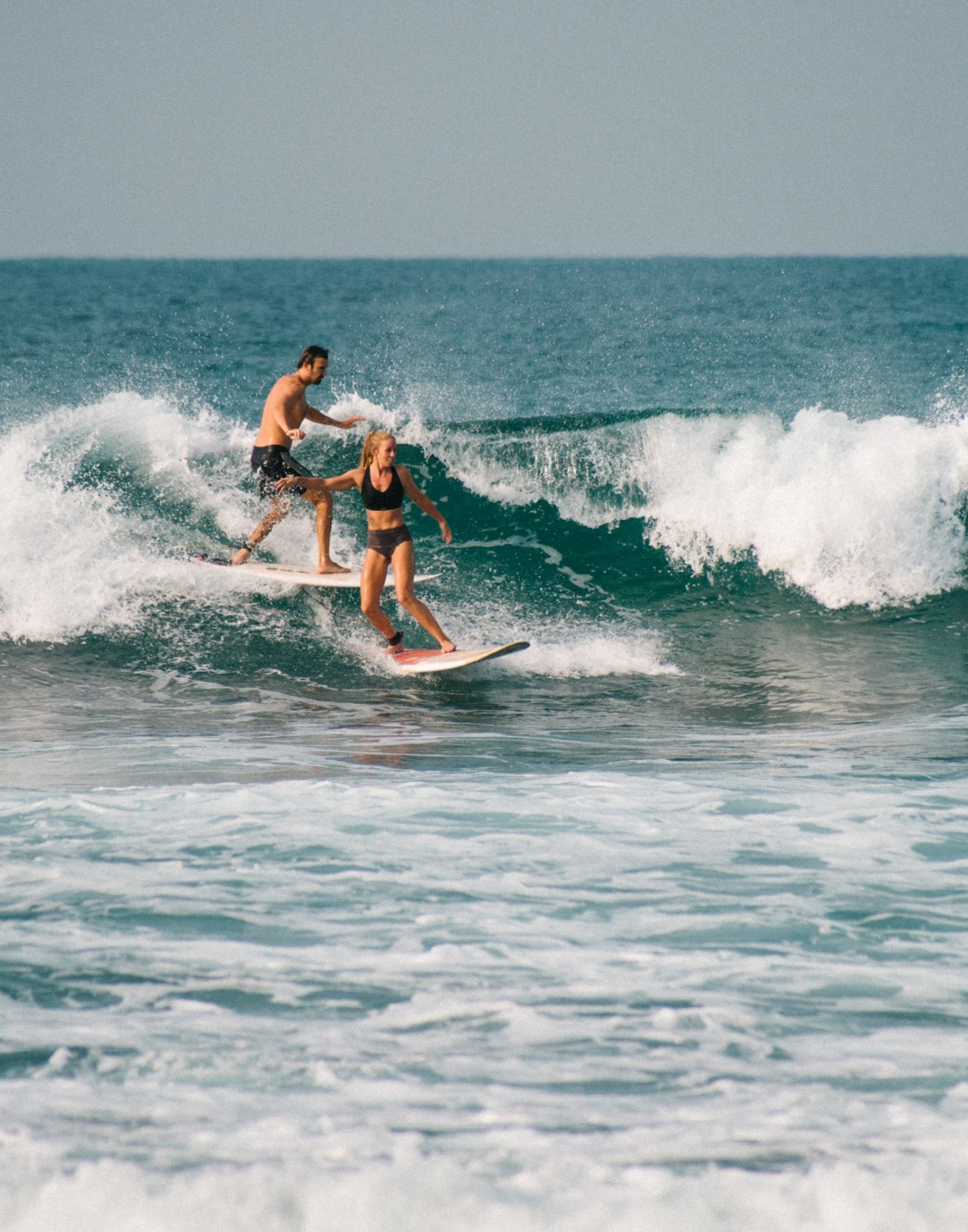
Do Surfers Run Into Each Other? 5 Common Reasons (+8 Tips)
-
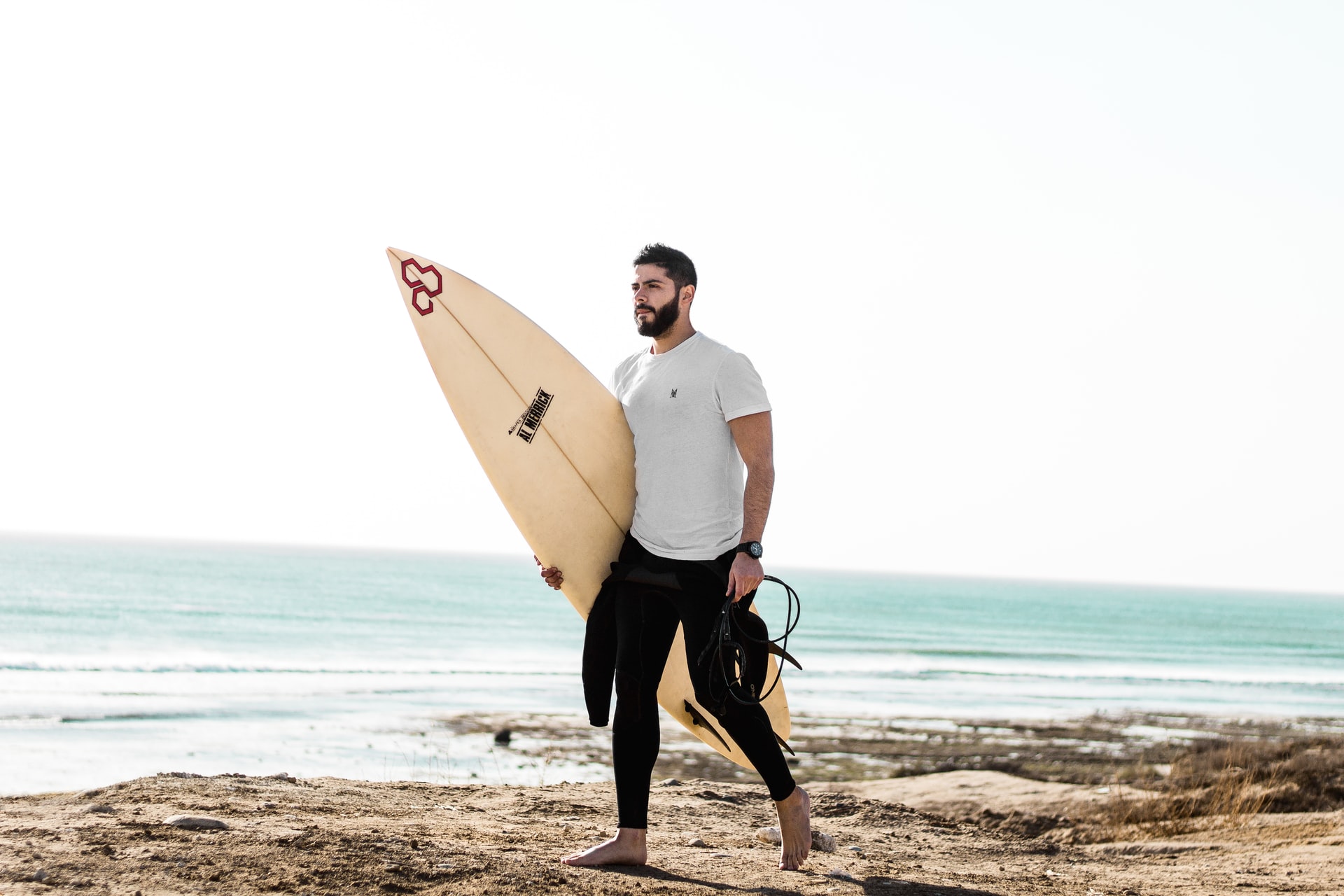
Do Surfers Have Beards? Pros & Cons You Should Know (+4 Tips)
-
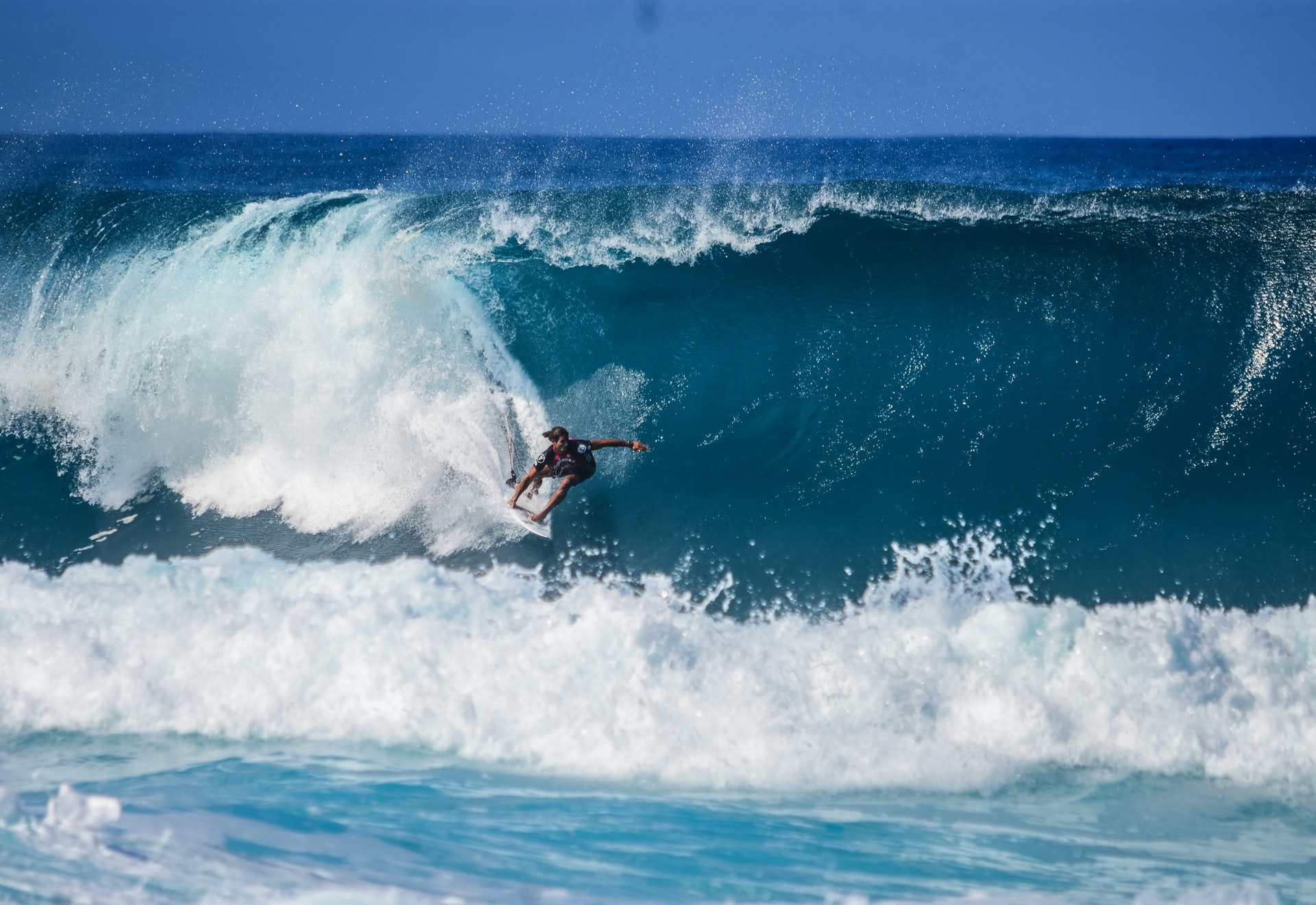
Do Surfers Like Constructive or Destructive Waves? (+Pros & Cons)
-
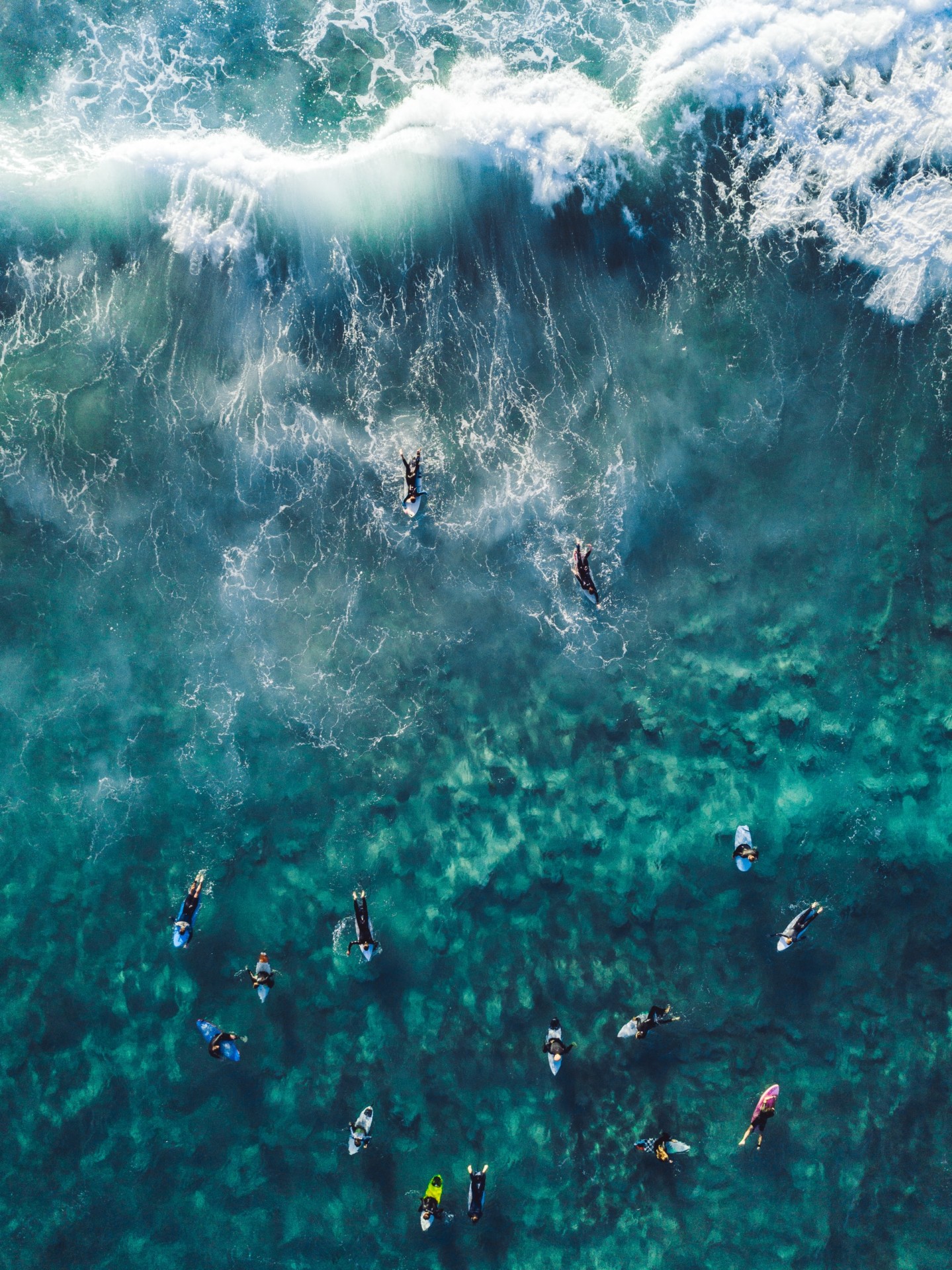
How to Surf Safely: 34 Crucial Tips (Every Surfer Should Know)
-
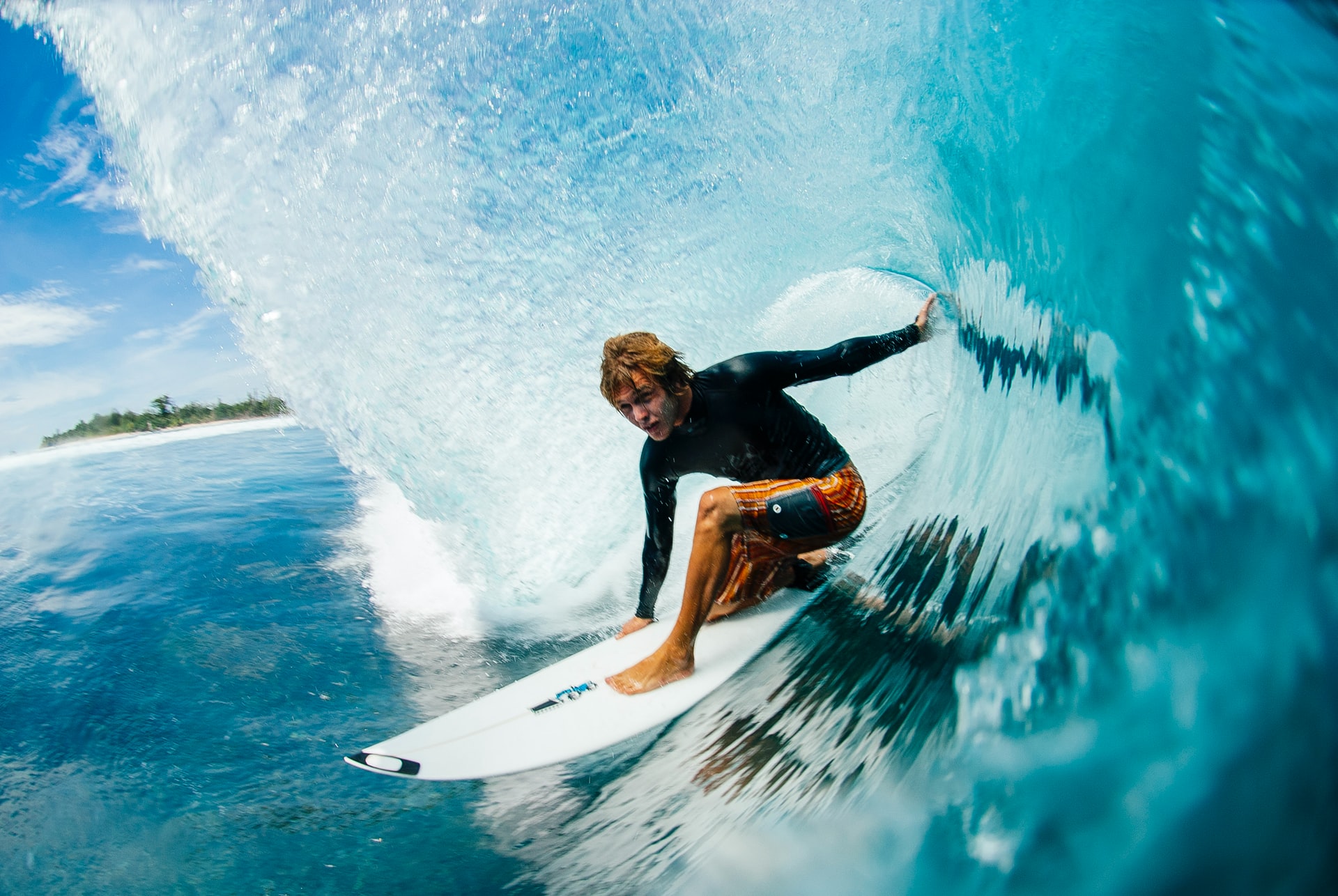
Do Pro Surfers Use Leashes? (+6 Reasons Why You Should Too)
-
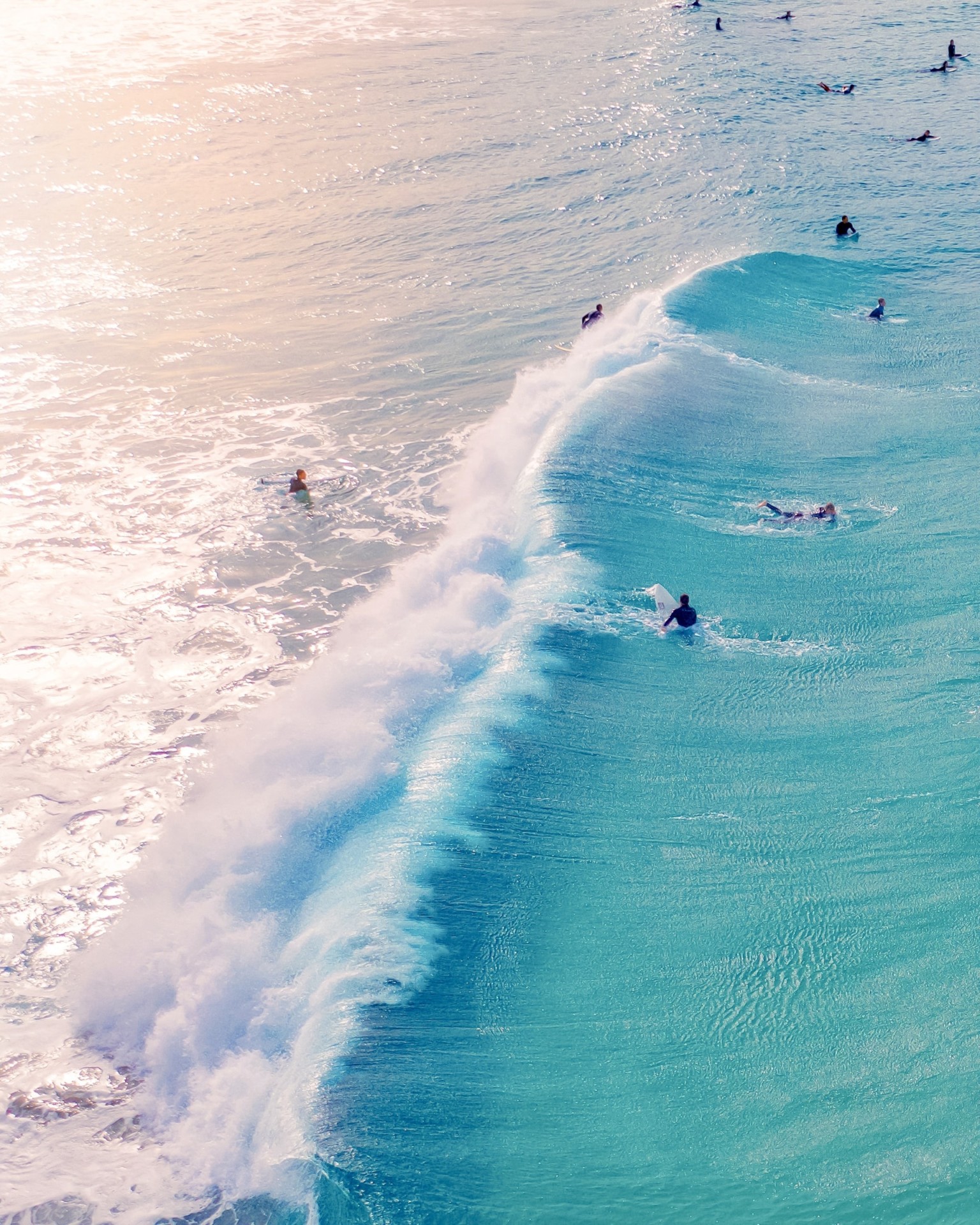
Do Many Surfers Drown? Here Are the Facts (+4 Common Reasons)
-
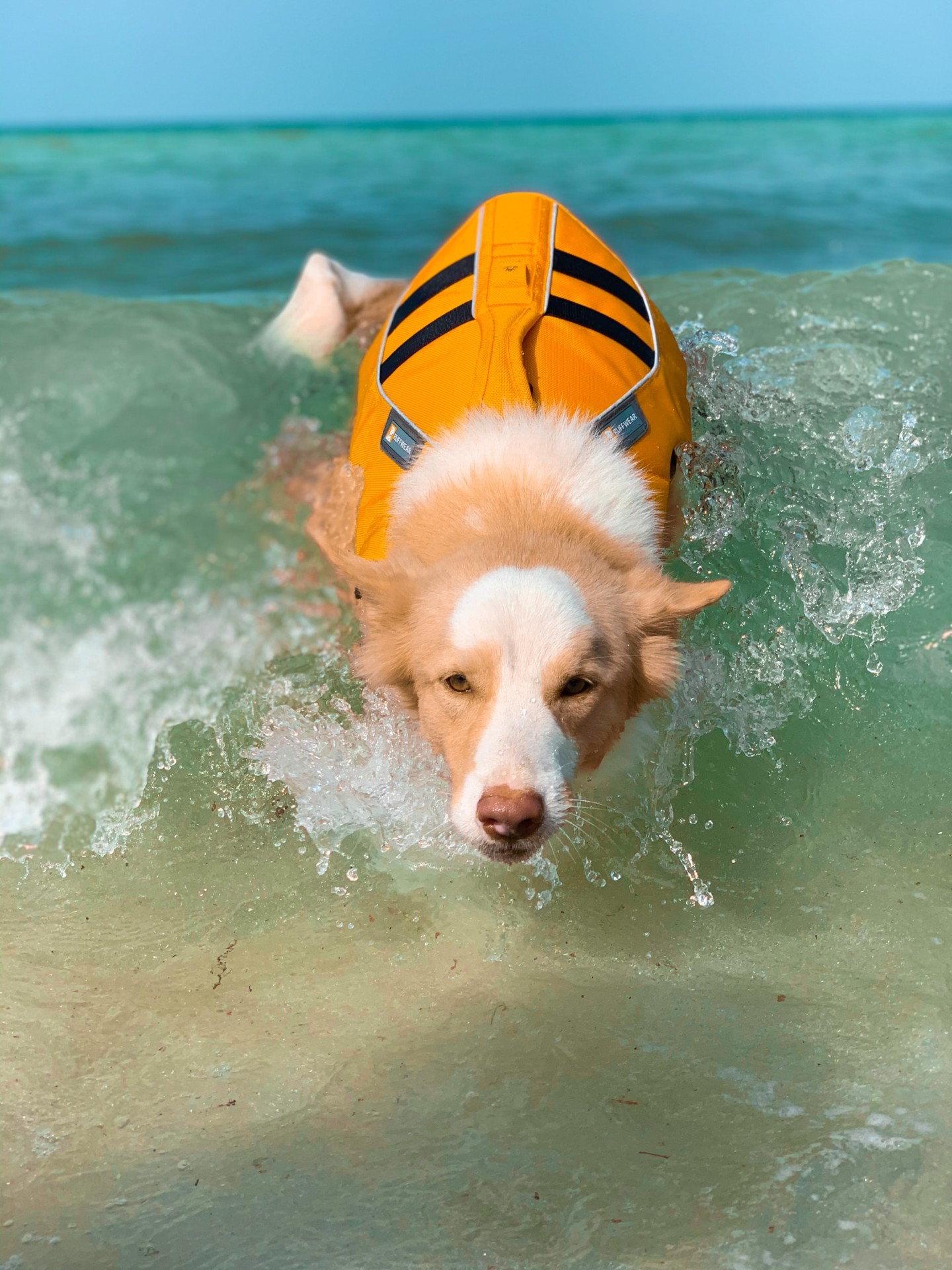
Do Surfers Wear Life Jackets? (7 Reasons Why They Don’t)
-
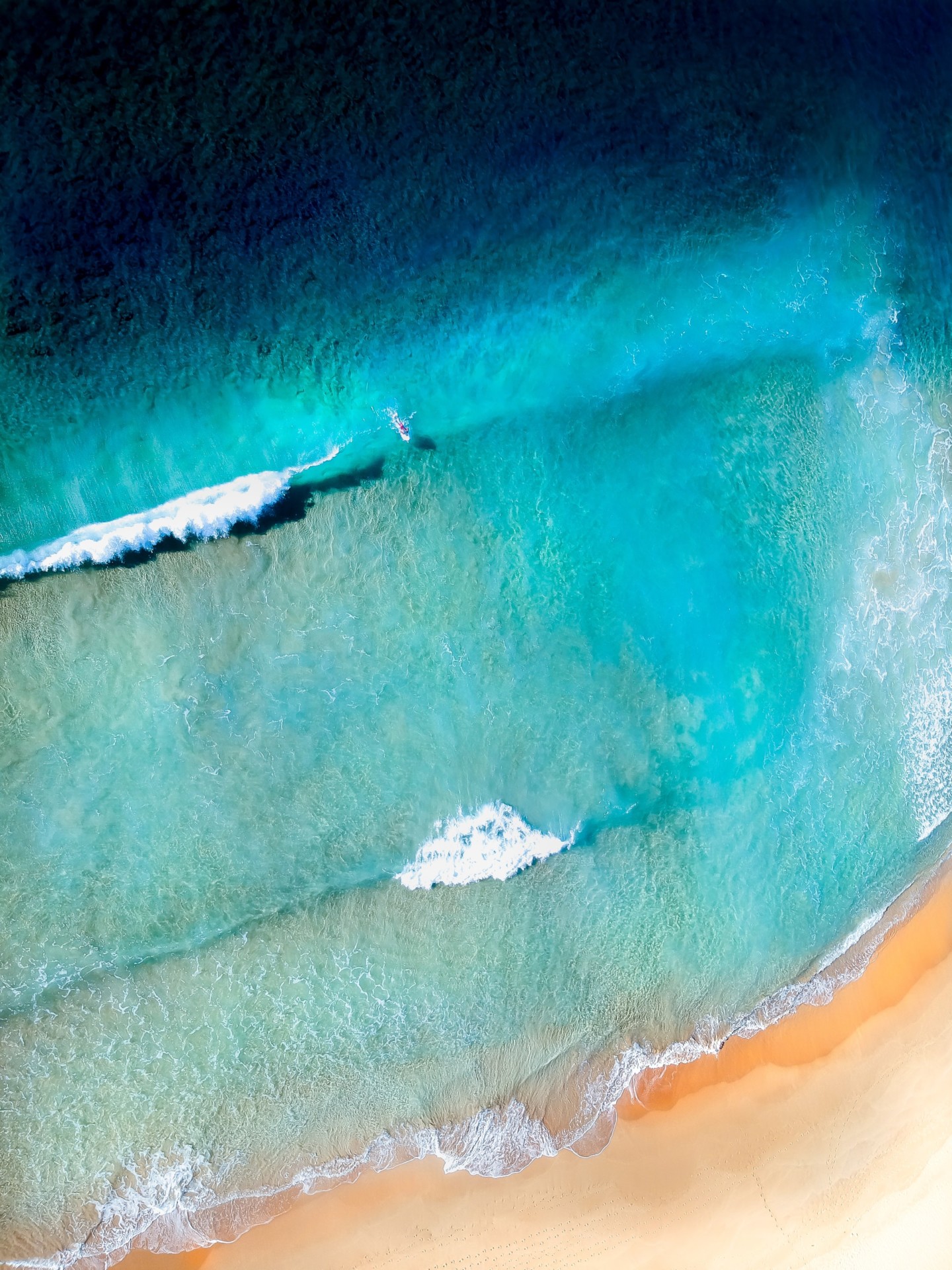
Do Surfers Like Rip Currents? (& How to Use Them Safely)

